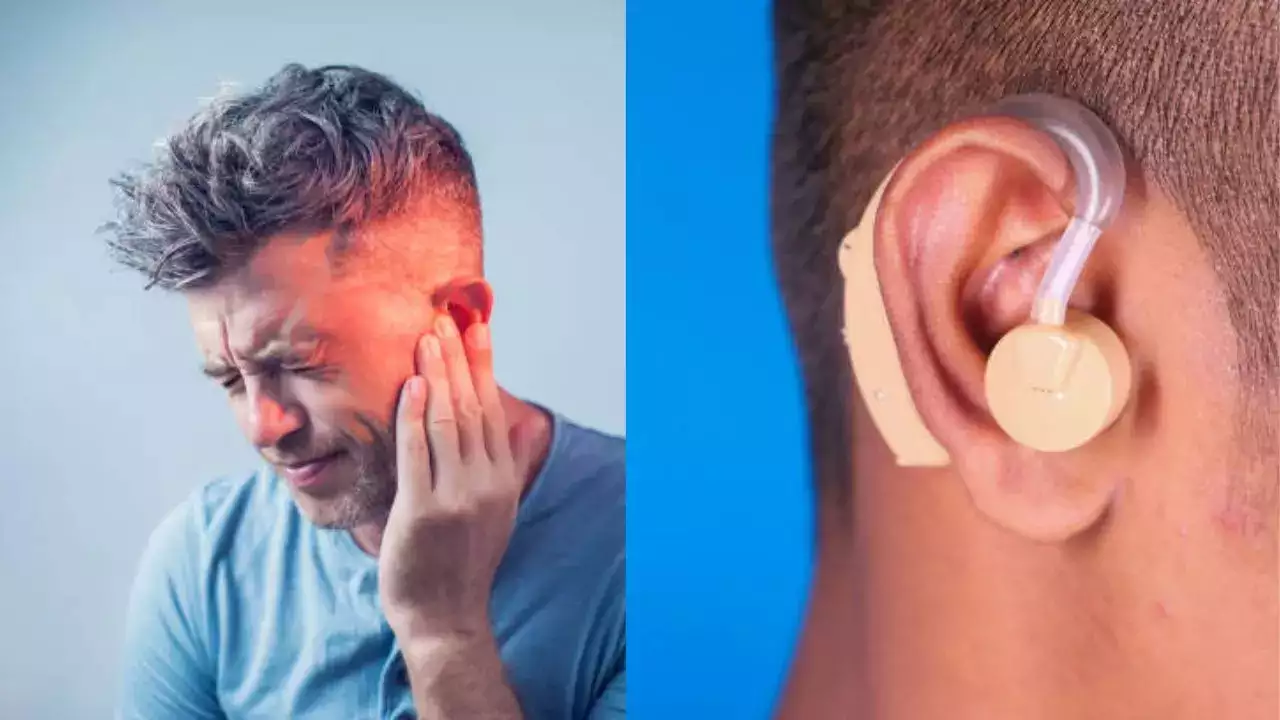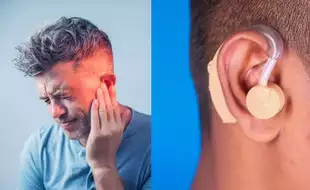
There are a range of treatments that can help you cope with the ringing and improve your quality of life
Statistics say more than 14 per cent of people across the world suffer from tinnitus – a ringing or buzzing sound that you hear in the ears. According to experts, the ringing in your ears is likely caused by inner ear damage that alters how your brain processes sound.
While it may happen due to continuous exposure to loud noise at work or concerts, hearing loss, certain medications, ear infections, and head injuries, doctors say slowly, the sound can lead to major health issues like permanent deafness.
For those with slight tinnitus, slight ringing in the ears is a minor annoyance that does not affect their day-to-day work. However, for those suffering from the severe condition - constant tinnitus can make it difficult to sleep or lead to mood disorders like anxiety or depression.
Ways to stop ringing in your ears
There are a range of treatments that can help you cope with the ringing and improve your quality of life. A few home remedies include:
Sound therapy
Sound therapy, which includes a white noise machine, running a fan, or playing ambient music. Adding background noise can be especially helpful if you are trying to stop ringing in your ears at night and get some sleep.
Since smoking and drinking alcohol increases the severity, avoid doing these two.
Antiarrhythmics
Your doctor can also prescribe medication like antiarrhythmics – which corrects irregular heartbeats. According to studies, this medication also significantly reduces tinnitus symptoms by improving blood flow to the inner ear.
Antidepressants
Certain antidepressants also help change chemicals in the brain like dopamine and serotonin since those suffering from the severe form of this disease have depression.
Calcium channel
Calcium channel blockers can reduce your cells’ calcium use to treat high blood pressure. According to experts, tinnitus is also linked to high calcium concentrations in cochlear cells – the sensory hair cells inside and outside the ear that help your brain interpret sounds.
Surgeries
Many times, doctors also recommend surgeries like lidocaine injections, which help block nerve signals in the skin to prevent recurrent pain. To treat tinnitus, local anesthetics may be injected into the ear canal that help reduce random and overreactive activity in the central nervous system that causes tinnitus.
Those with tinnitus mostly also suffer from otosclerosis – bone growth of the middle ear. Doctors suggest going for surgery to have bones restructured to improve sound vibrations to the eardrum.
Hearing aids
If you have tinnitus, along with hearing loss, you will benefit immensely from hearing aids - small devices inserted into the ear to improve hearing. These devices can amplify outside noises, which may make tinnitus less noticeable.
Behavioural therapy
Many times, doctors also suggest getting behavioural therapy done, which uses counseling to help people cope with the stress and mood effects tinnitus may cause. Learning ways to manage anxiety related to tinnitus can teach you how to avoid noise exposure and cope with tinnitus symptoms to improve your livelihood.
Get Latest News Live on Times Now along with Breaking News and Top Headlines from Health and around the world.

